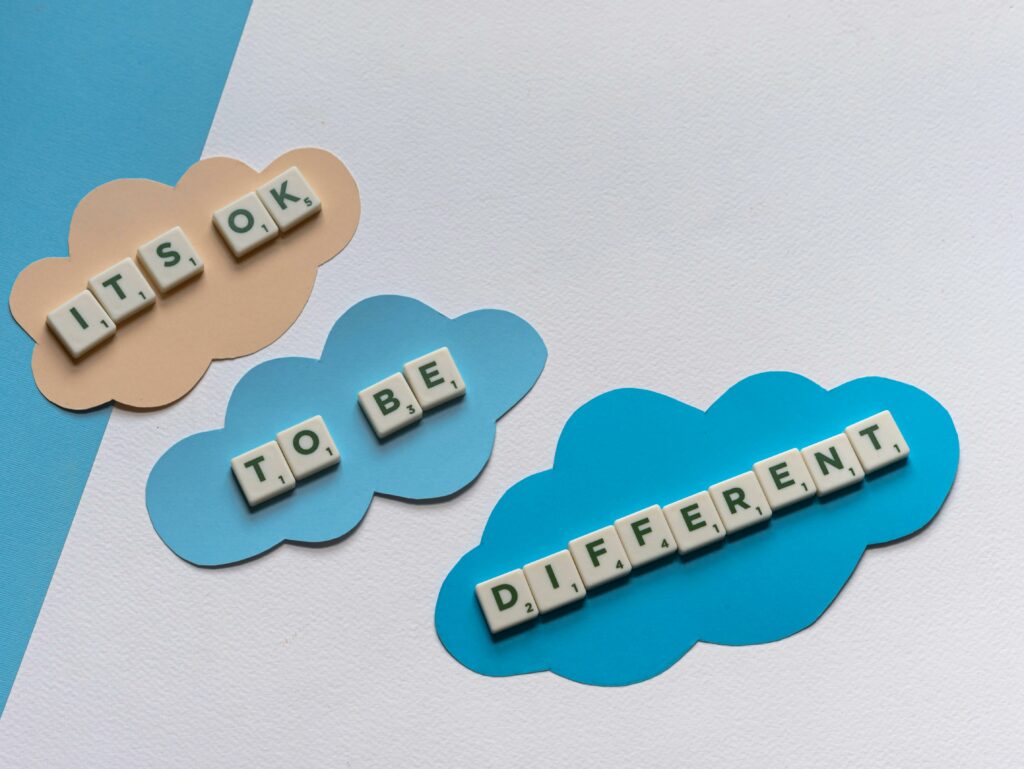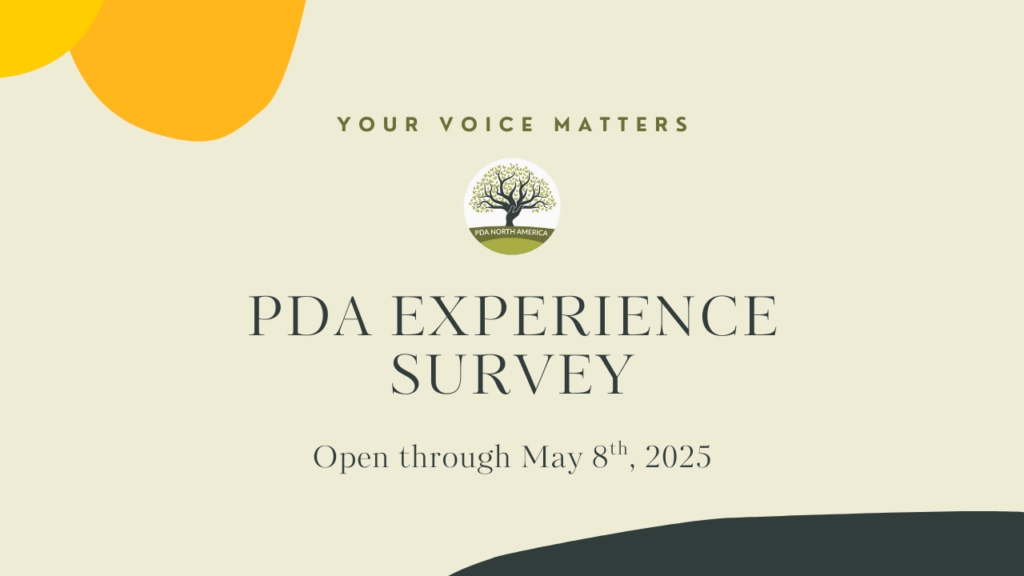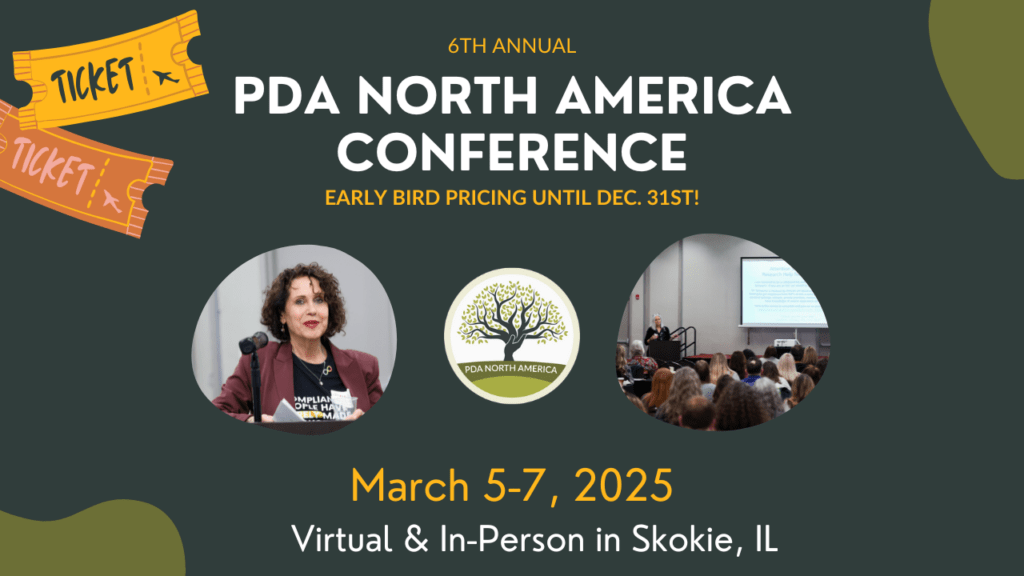By Lindsay Flanagan, Founder of Hive Parents
1: DECIDE WHAT TERMS YOU’LL USE
Will you use the word “autism”? (If your kid has that diagnosis, I think you should!) Will you use the term PDA, even though it’s not a formal diagnosis? (We do in our home.)
If your child doesn’t have a diagnosis, how do you want to talk about their brain? Unique? Differently wired? There’s really no rule to this, except that we want it to be neutral and not express that being autistic is a deficit or a disorder (despite the name Autism Spectrum Disorder, which many autistics intensely dislike.) Go with something that feels authentic and you think will connect with your kid or teen.
Don’t forget to approach your kid during a time of solid regulation! (And it’s ok if they’re not at a place yet where broaching the topic at all makes sense.)
2: STREW INFO TO PROVIDE AUTONOMY
Strewing is a term that refers to making an offering of something without pressure or expectation. The term is generally used in education to refer to physical objects, but strewing applies to ideas, too!
How might you make an offering of info to your child? Something like, “I’m learning a lot of cool things about your brain. Let me know if you want to chat about it.”
Don’t be discouraged if your kid pushes back or seems to have no interest in learning more. Sometimes it takes a bit, particularly with kids who have a nervous system stuck in overdrive.
3: LET KIDS BE THE EXPERT
Another PDA-friendly way to strew info about a kid’s brain is to say, “I read this thing about autism/PDA/unique brains. What do you think?” It conveys to kids that you recognize you don’t know it all and want the firsthand experience of someone who has lived it. (Even if you’re autistic yourself… every brain is unique!) Plus putting kids above us helps them stay regulated and bypass the sensitive threat response.
If your child says, “No. That’s wrong and nothing like me,” and you’re thinking, “Really? Because it seems spot on to me…” it’s still planting seeds and expanding their awareness.
It’s also really affirming to let kids have autonomy over labels or identities, as this is so personal and individual. Some kids embrace the idea of autism as a way to explain their experiences. Others balk at being labeled or might have a negative connotation with the idea of autism based on societal influence. All points of the journey are valid.







